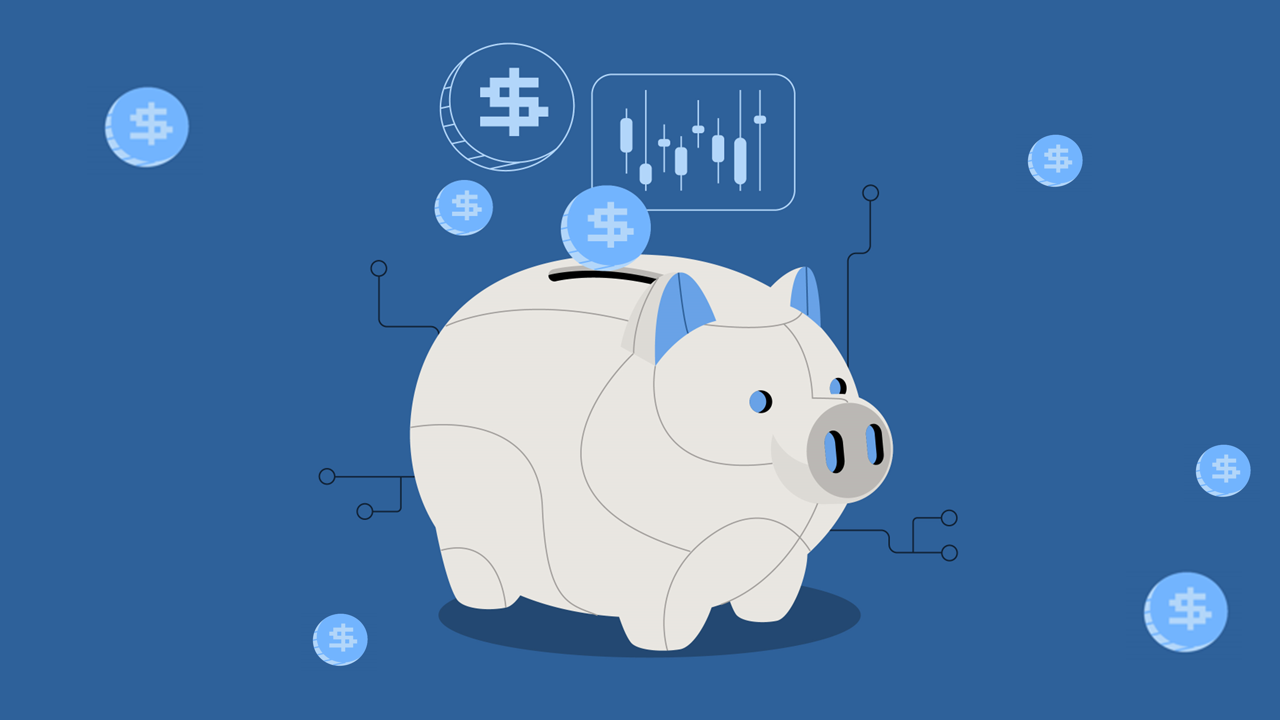
06 Feb Welcome to the Age of Automation! RPA and the Future of Work
Are you tired of tedious and repetitive tasks in the office? Worry no more! Robotic Process Automation (RPA) is here to save the day. Imagine robots working tirelessly to free you from those boring office tasks. But wait, these are not the metal robots you see in science fiction movies! We’re talking about software bots, the heroes of the 21st century.
What is RPA? No, they are not physical robots!
Robotic Process Automation (RPA) is the use of software bots to perform the repetitive tasks that used to take up our precious time in the office. From moving data from a database to a spreadsheet to serving customers and solving problems, these little bots are here to make our lives easier.
The Superpowers of RPA!
One of the most exciting advantages of RPA is its simplicity. Who needs development skills when you can prepare and deploy an RPA bot without breaking a sweat? Furthermore, RPA is not only efficient, but also cost-effective. With low operational cost and high ROI potential, it’s like having a team in place without paying overtime.
Organizations around the world are turning to RPA to reduce the burden of repetitive tasks and free up workers to focus on what really matters. From improving customer experience to saving time and resources, RPA is taking efficiency to the next level.
The Dynamic Duo: RPA and BPM
Remember those old TV shows where heroes teamed up to fight crime? Well, imagine RPA and Business Process Management (BPM) doing the same thing in the business world. By combining these two forces, companies can optimize their processes holistically, as an unstoppable team.
A Romance on the Horizon! RPA and AI
What if I told you that RPA is about to fall in love with Artificial Intelligence (AI)? Although RPA bots are not as smart as AI (yet), they are on their way to a beautiful relationship. With the ability to learn and improve over time, the future of RPA is full of exciting possibilities.
In what industries can RPA be used?
Robotic Process Automation (RPA) has applications in a wide range of industries. Here are some specific examples:
Enterprise Sector:
-
- Human Resource Management: Payroll processing automation, time and attendance management, and new employee onboarding.
- Customer Administration: Automation of customer data entry, customer service request processing, and customer communication management.
- Order Processing and Invoicing: RPA can streamline order processing, from receiving to invoicing, ensuring fast and accurate delivery.
Financial Sector:
-
- Invoice Processing: Automation of invoice data entry, information validation, and financial reporting.
- Risk Management and Compliance: Risk identification and mitigation, compliance with financial regulations, and automation of auditing and reporting processes.
- Loan and Credit Management: Automate loan application evaluation, payment tracking, and related document management.
IT and Technology Sector:
-
- Software Test Automation: Executing regression testing and load testing in an automated manner to accelerate the software development cycle.
- Infrastructure and Network Management: Automated system monitoring, incident resolution, and patch and upgrade management.
- Data Processing: RPA can assist in extracting, transforming and loading data between different systems and databases, ensuring information integrity and consistency.
Other Sectors:
-
- Healthcare: Automating administrative processes, such as electronic medical records management and medical billing.
- Logistics and Supply Chain: Automate inventory management, shipment scheduling and real-time tracking of goods.
- Education: Automating administrative tasks, such as student enrollment and managing educational schedules and resources.
In short, RPA has practical applications and benefits in a variety of industries, helping companies improve efficiency, reduce costs and provide better service to their customers.
